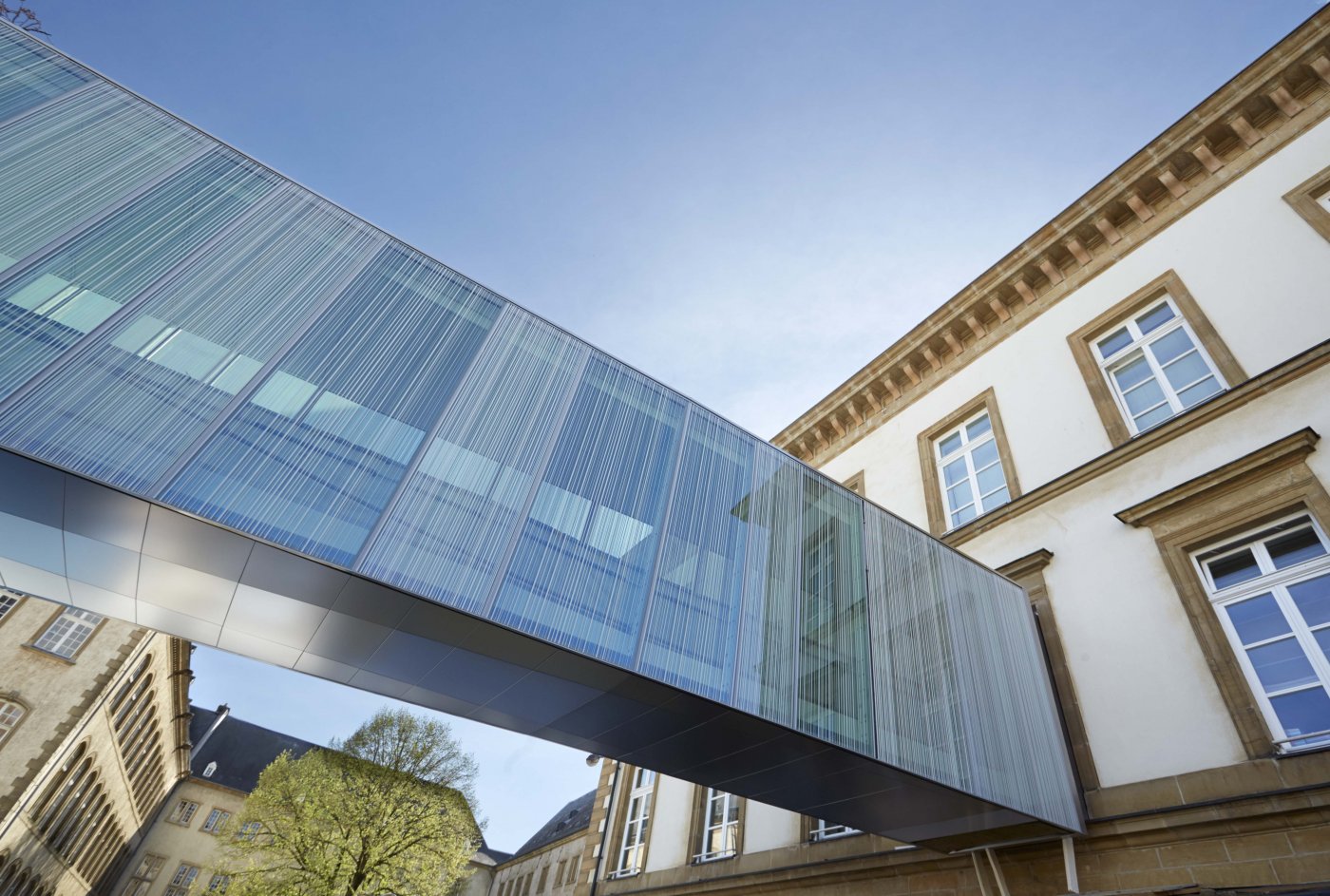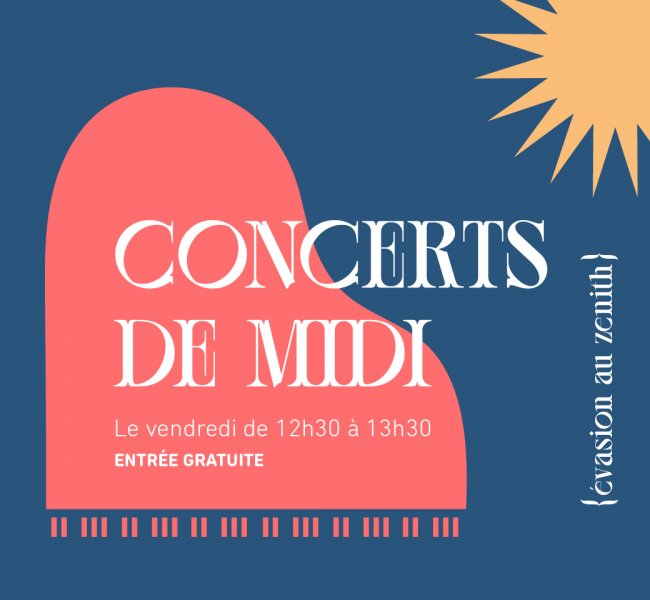Summary record
Video
Building permits
QUESTION POSED BY FRANÇOIS BENOY
According to the 2018 activity report of the Service Urbanisme – Division Police des bâtisses (Urban Planning Department – Building Supervision Department) – the most recent report currently available – 1,163 applications for building, subdivision and business permits were processed that year. What is the average processing time, broken down by type of application? If an application is incomplete or problematic, how soon is the applicant notified of this? For a complete, correctly filled-out application, how long does it take to issue the building permit, broken down by type of application? How have these processing times changed in the last few years?
The City of Luxembourg claims to be a smart city, but building-permit applications are submitted on paper. Does the City have any plans to introduce electronic applications, as other municipalities have already done? If so, when does the College of Aldermen plan to introduce electronic building-permit applications?
According to the City of Luxembourg website, the department in question is open to the public only from Monday to Friday between 14:00 and 17:00. Can the public also get in touch with the department by telephone or email? What steps has the City taken to improve this public service?
RESPONSE PROVIDED BY LYDIE POLFER
A distinction needs to be made between statements of work and building permits. If someone is only submitting a statement of work, the relevant department can process it immediately. On the other hand, it takes about three months on average to issue a building permit. In 2020, the average processing time was exceptionally short – 59 days – due to the pandemic, which caused a drop in the number of applications submitted. In 2018, the average processing time was longer – 118 days – because many applicants waited until the new general development plan (plan d'aménagement général – PAG) was finalised before they submitted their applications. For the other years since 2015, the average processing time ranged from 85 to 99 days. Obviously, the processing time is shorter for applications that are complete from the outset. Residents already have the option to submit their applications electronically. However, a hard copy of the plans needs to be submitted because only hard copies of plans are valid, and this makes the department's job much easier.
There is a tracking system applicants can use to check the status of their applications.
The City strives to offer residents an exemplary service, and it follows the best practices of other cities around the world.
Due to the pandemic, residents may visit the Service Urbanisme only by appointment and only for applications for which neighbours wish to inspect the plans, when non-litigious administrative proceedings are initiated, or if information provided by phone or email is insufficient. The department may be reached by telephone (4796-2792) or email (urbandevelopment@vdl.lu).
Permits to hold public events and gather signatures
QUESTION POSED BY GUY FOETZ
The right to hold public events is a lawfully recognised and protected fundamental right. However, this right may sometimes be hindered by opaque, drawn-out authorisation procedures. In the last few months, I have been contacted several times by organisations that had difficulty getting city permits for their events, even though they had followed the correct procedures. In the first case, it was not clear whether the City or the State had authority over the public space in question; in the second case, the City did not allow an association to set up a booth to gather signatures; and in the third case, apparently an association's application did not receive a response after it was forwarded to the College of Aldermen. Obviously, too long of a wait for a permit could undermine the success of an event, given that its success hinges on there being enough time to publicise it.
What are the procedures applicants need to follow in Luxembourg City to obtain a permit to hold a public event, and what are the response times? In which public spaces does the City have the authority to grant a permit to hold a public event, and which spaces in Luxembourg City fall under the authority of the State? Why is a stationary booth to gather signatures not permitted? What does the College of Aldermen plan to do to avoid these types of problems in the future?
RESPONSE PROVIDED BY LYDIE POLFER
The City of Luxembourg's General Regulations on Public Order and Safety (Règlement général de police) state that for each event, organisers must apply to the mayor for a permit seven business days before the scheduled event date. In practice, many applications are submitted to the City much closer to the date of the event, and the City always responds as quickly as possible. In all cases, organisers must apply to the municipality for a permit. If the event is to be held on State property (e.g. Place de Clairefontaine), permission must also be obtained from the State. To ensure safety on public thoroughfares, the City forwards applications to the Grand Ducal Police – this is an especially important step for large events attracting hundreds or thousands of people.
In 2020, due to the COVID-19 pandemic, a number of events were not allowed to take place in the format being requested. This was the case, for example, with applications to set up booths to gather signatures. At the moment, the aim is to avoid situations where people are too close together in public spaces. This is also why we have not authorised concerts in public spaces. This is, of course, an exceptional situation.
All squares open to the public are public spaces, including the square in front of the Hôtel des Postes. Place de Clairefontaine belongs to the State. In all cases, however, all permit applications must first be submitted to the municipality.
City of Luxembourg's participation in "Vëlossummer 2021"
QUESTION POSED BY LINDA GAASCH
"Vëlossummer 2020" was a success, attracting 40,000 people to this national summertime awareness-raising campaign organised by the Ministry of Mobility (Ministère de la Mobilité) to promote active travel, mainly through new, safe areas reserved for cyclists. When the report on the event was presented, it was announced that the event would be held again next year and that municipalities wishing to participate had until 15 December 2020 to submit their project proposals for the period from 31 July to 29 August 2021.
What did the City of Luxembourg do to support "Vëlossummer 2020", and what conclusions did the College of Aldermen draw? Does the College of Aldermen anticipate that the City of Luxembourg will participate in "Vëlossummer 2021"? If so, what project proposal does it plan to submit? Are there plans to close certain streets to vehicular traffic? What other initiatives might be considered, e.g. offering bike tours of the city? Are there plans to involve residents, NGOs and the Commission de la mobilité urbaine (Urban Transport Committee) in the planning?
RESPONSE PROVIDED BY PATRICK GOLDSCHMIDT
"Vëlossummer" is spearheaded by the Ministry of Tourism (Ministère du Tourisme) and the Ministry of Mobility and Public Works (Ministère de la Mobilité et des Travaux publics). The City was not contacted for the 2020 edition. For 2021, we recently received a letter dated 19 November. In theory, the City of Luxembourg is inclined to participate. Our departments have been busy, so the City has not yet had a chance to draft proposals in so little time. In addition, it would be helpful if the ministries organising "Vëlossummer" contacted the City of Luxembourg and other municipalities that could participate so they can work together to create a uniform plan with offerings that appeal to both residents and tourists.
Music and dance classes for children and young people with special needs
QUESTION POSED BY CLAUDIE REYLAND
The City of Luxembourg and the Luxembourg City Conservatoire offer a large selection of music and dance classes for children, young people and adults. In the interest of promoting an inclusive society, it seems that it would be logical to ensure that the music and dance classes offered at the Conservatoire are also suitable for children and young people with special needs.
Through its "Karussell - Musik fir Jidderee" project, the Dudelange regional music school offers group music classes for special-needs children and young people with sensory, motor and/or cognitive challenges. Music and dance provide social, cultural, sensory and physical experiences. They stimulate well-being and give participants an outlet for artistically expressing and sharing their feelings and stories. The desire to mainstream children and young people with special needs in schools and foyers scolaires is becoming more widespread. Teachers and childcare workers are actively involved in enabling this mainstreaming process on a daily basis.
Is the Luxembourg City Conservatoire taking any steps to offer music and dance classes for children and young people with special needs? Does the College of Aldermen feel it would be beneficial to offer classes like the ones held at the Dudelange regional music school? Is it worth considering adding such music and dance classes to the Luxembourg City Conservatoire programme? Could such classes be introduced at the start of the new term?
RESPONSE PROVIDED BY PATRICK GOLDSCHMIDT
I'm a little taken aback by this question because the City of Luxembourg does a lot to include people with special needs – not all of this work is covered by the media. I'd like to remind you that the City has the Service Intégration et besoins spécifiques (Integration and Special Needs Department), which goes to great lengths all year round to help people with special needs.
As regards the Conservatoire specifically, the director, Marc Meyers, and Madeleine Kayser, Head of the Service Intégration et besoins spécifiques, are still trying to come up with tailored solutions for the person in question, i.e. to mainstream children with special needs in classes. It is important to keep in mind that there are hundreds of cases that qualify as special needs, so each person's situation is unique.
The Conservatoire has entered into a strategic partnership with the Centre pour le développement des compétences relatives à la vue (Centre for the Development of Sight-related Skills – CDV). As part of this arrangement, 10 CDV pupils are enrolled in several classes offered by the Conservatoire during the 2020–2021 school year.
The Ministry of Education (Ministère de l'Éducation nationale) is considering setting up a separate division within conservatoires and music schools dedicated to pupils with special needs. Talks on this are expected to start soon.
All interested parents are welcome to contact our Service Intégration et besoins spécifiques if they would like to enrol their children with special needs in the Conservatoire.
RESPONSE PROVIDED BY LYDIE POLFER
On this topic, I would like to remind you that a few years ago, Councillor Sylvia Camarda initiated a fantastic project with children with special needs. The performance at the Grand Théâtre was extraordinary. I would like to take this opportunity to thanks Ms Camarda once again for her work.
Creation of a European elementary school
QUESTION POSED BY CHRISTA BRÖMMEL
On 21 October, the Association de Soutien aux Travailleurs Immigrés (Association for the Support of Migrant Workers – ASTI) held a videoconference entitled "How do we meet the challenges of schooling in Luxembourg?" Claude Meisch, Minister for Education, Children and Youth, reported that there had been talks between the Ministry of Education, Children and Youth (Ministère de l'Éducation nationale, de la jeunesse et de l'Enfance) and senior City of Luxembourg officials with the aim of setting up another international school in Luxembourg City. This public school, which will be accredited as a European school, will be a full-day school and will also have language sections modelled after those in the Differdange and Esch-sur-Alzette International School (EIDE).
Can the College of Aldermen confirm this information? What was the outcome of these discussions between the Minister for Education and City of Luxembourg officials? If the College of Aldermen is considering opening a new international school in Luxembourg City, could it notify the municipal council on when the school will open, where it will be located and how many students are expected to attend?
RESPONSE PROVIDED BY COLETTE MART
The Ministry of Education does in fact intend to open an international elementary school in Luxembourg City. The ministry contacted us because it was looking for a suitable site, and we provided it with a modular structure on Rue Verte in Cessange that had temporarily held classrooms while the Cessange school was being renovated. The ministry also asked for adjacent land so it would have more space for the future European school. According to a media report, the school is to open at the start of the new school term. The City has not yet been told how many students are expected to attend.
Pop-up stores
QUESTION POSED BY ÉLISABETH MARGUE
It is impossible not to notice that a number of commercial spaces in the Gare district and city centre are vacant. It is likely that the pandemic will exacerbate this phenomenon, and several businesses have already announced that they want to leave the city centre.
For some time now, the City of Luxembourg has been setting up pop-up stores in premises it owns. It grants short-term leases for these premises to businesses selected through a tendering process. This initiative is important for supporting the diversity of businesses.
Does the City of Luxembourg know how many commercial spaces there are in the city centre and what their occupancy rates are? How many sites are currently being made available to businesses in the form of pop-up stores? How many businesses have had a chance to benefit from this opportunity so far? What feedback have they provided? Does the City intend to develop additional concepts? Does it plan to rent or buy additional commercial spaces? Would it be possible to reserve locations for pop-up stores at the weekly market?
RESPONSE PROVIDED BY SERGE WILMES
According to the commercial land register, which was created in 2018 and is updated annually, there are 942 shops and 823 businesses in the hospitality and catering sector in Luxembourg City. I will be able to give you more detailed numbers at a meeting of the relevant advisory committee.
We are currently renting from the State two sites for pop-up stores on Rue Philippe II. Since 2019, four businesses have benefited from this opportunity, two of them through a call for applications. We are pleased to report that one of these businesses recently set up a permanent establishment on Rue du Fossé and that another one is about to open permanently in another district of the city. That is also the goal of the concept: to gain experience, test out ideas, and then later on set up a permanent business. Later on, we will also be able to give you an update on the two businesses that moved in after the first two left.
A third site on Rue Chimay that until now has been occupied by a pop-up store will be rented out on a long-term basis beginning in 2021.
As we mentioned during a previous City Breakfast meeting, we have put out a call to owners of vacant commercial spaces asking them to contact us so we can add more pop-up stores. The team from our Cellule développement économique et commercial (Economic and Commercial Development Unit) has also reached out directly to owners of commercial spaces. To date, one owner of a commercial space in the Gare district has come forward to participate, and the contract is currently being drawn up.
In addition, the windows of four commercial spaces on Avenue de la Gare were decorated on the initiative and at the expense of the City to create a festive Christmas atmosphere in that street. If a property owner approached us to buy a property, we would be willing to discuss a deal.
There are currently no plans to set up pop-up stores at the weekly market.














